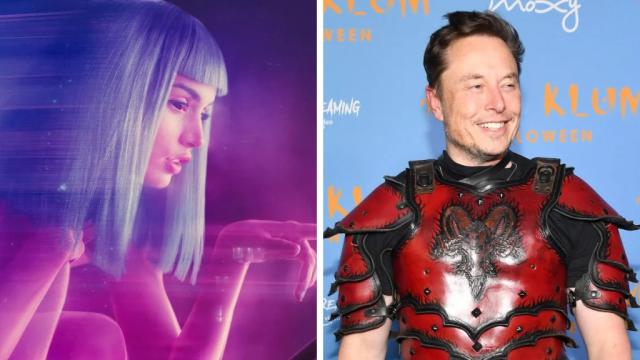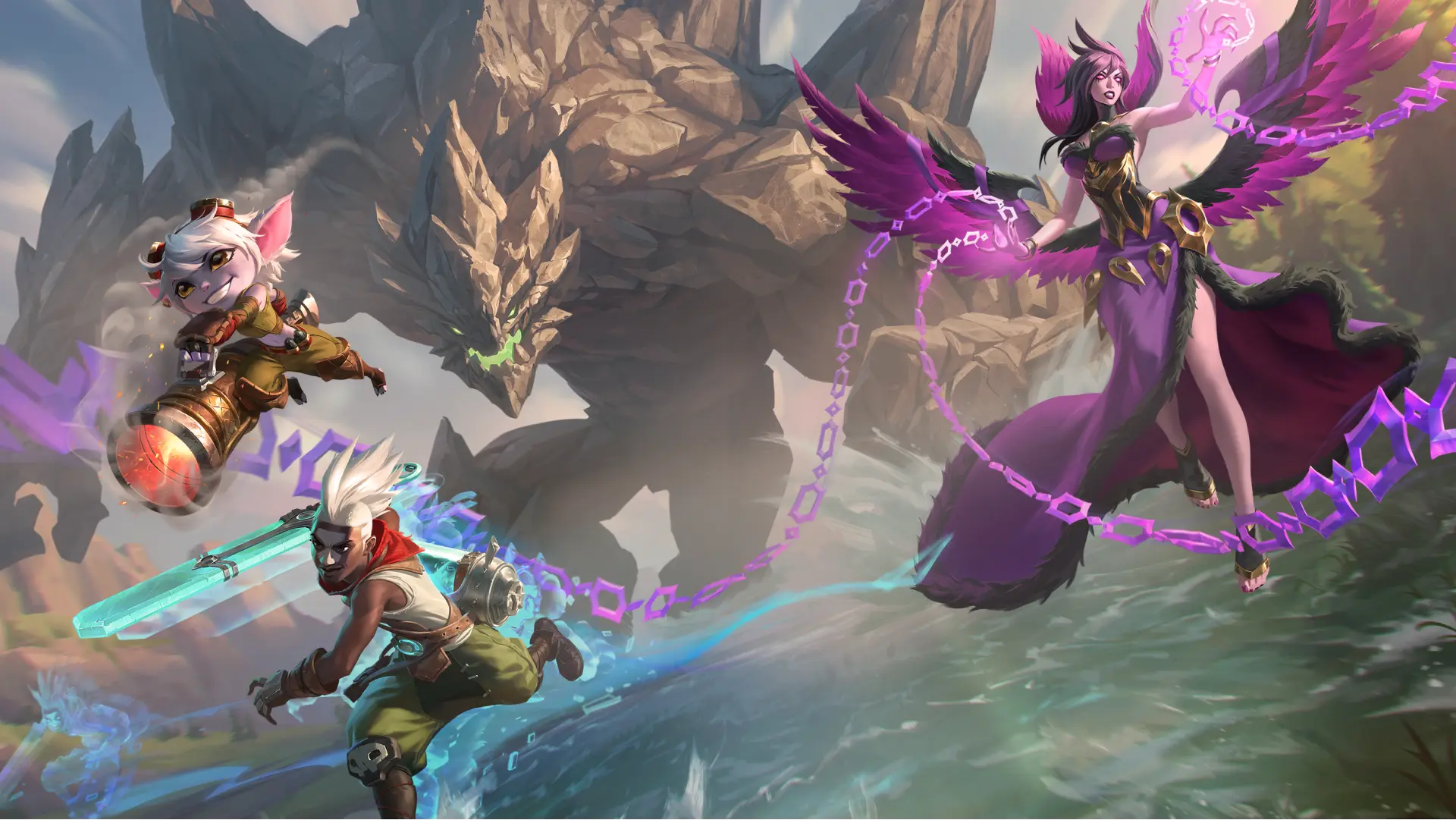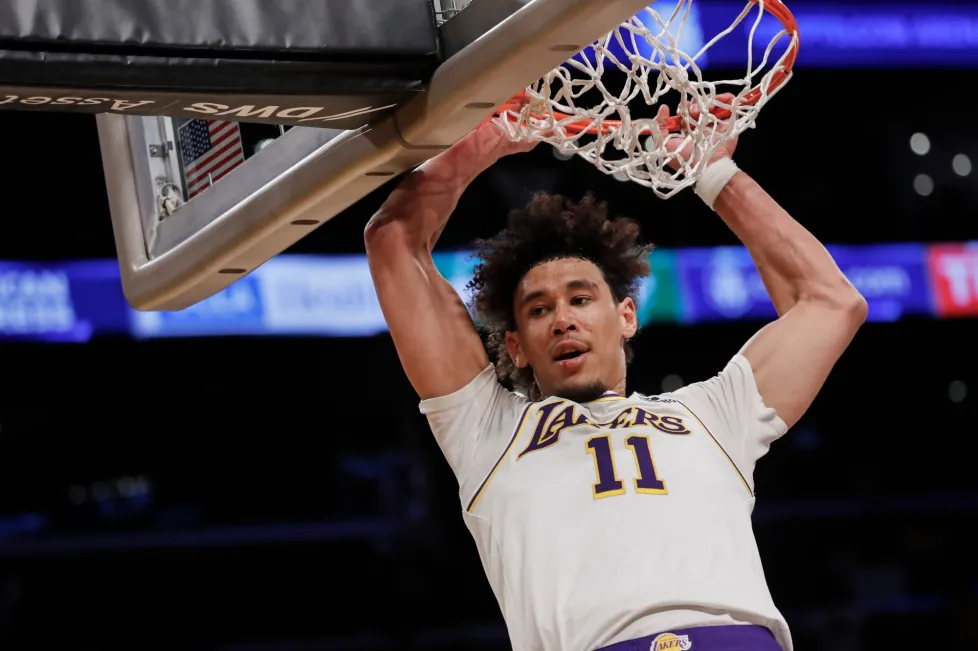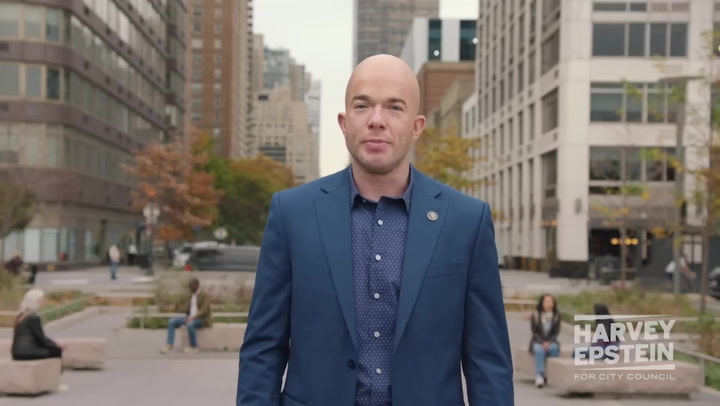
In a shocking turn of events, Elon Musk, Tesla, and Warner Bros. have found themselves embroiled in a legal dispute with Alcon Entertainment, the production company behind the critically acclaimed film Blade Runner 2049. Alcon is suing for what it describes as 'massive economic theft' after Musk utilized an image that alleged to be AI-generated and strikingly similar to visuals from the iconic 2017 movie to promote Tesla's latest autonomous vehicle, aptly named the Robotaxi.
The controversy erupted after Musk showcased the image during a keynote presentation that was aimed at highlighting Tesla's endeavor of steering toward a future without the dark undertones depicted in the world of Blade Runner 2049. During his talk, Musk even made direct references to the film, stating, 'We see a lot of sci-fi movies where the future is dark, abysmal... it's not a future you want to be in. I love Blade Runner, but I don't know if I want the future.'
Alcon's lawsuit granularly focuses on a directive that Tesla allegedly sought permission to utilize an iconic still from the highly revered film but was met with refusals. According to the complaint, Tesla subsequently opted to generate an AI-created image resembling the original film rather than honoring the refusal from Alcon. The crux of the complaint suggests that Musk attempted to juxtapose the prospects surrounding Tesla's Robotaxi against the ominous landscape of Blade Runner 2049, leading him to exploit the film's recognizable aesthetics without appropriate acknowledgment.
Understanding the Legal Implications Around AI-Generated Media
This lawsuit brings forth crucial conversations surrounding copyright law in the realm of AI-generated media. Alcon asserts that Musk's actions not only infringe on copyrights but also mislead the public regarding endorsements that are not present. The lawsuit claims that there have been significant contractual engagements between auto brands and Blade Runner 2049, with varying financial stakes that have previously reached eight figures.
The discussion of intellectual property extends beyond simple ownership; it encapsulates the larger concern of protecting creators' rights in an evolving digital landscape. The complaint labels Musk as 'problematic,' insinuating that his innovative yet often contentious approach can lead to significant legal repercussions, especially in industries rife with visual storytelling and branding.
 Elon Musk's presentation showcasing the Tesla Robotaxi.
Elon Musk's presentation showcasing the Tesla Robotaxi.
The Dynamics Between Technology and Entertainment Industries
The quarrel between Alcon Entertainment, Musk, and Warner Bros highlights the often complex interactions between technology and entertainment. As Tesla progresses towards releasing the Robotaxi, which is slated for a 2027 launch, there remains an obstinate link with how technology can influence and sometimes encroach upon creative domains.
In his defense, Musk argues a vision for transport that transcends current technological norms, with the Robotaxi poised to redefine passenger experiences. Yet, as the technology sector continuously intersects with film and artistic expressions, determining ownership rights and liabilities can become exceedingly tangled, further complicating the already intricate relationship these industries share.
The legal outcome of this suit may set a pivotal precedent on how future technologies engage with artistic works. Analyzing the ramifications from this case will be vital as it elucidates the necessary protections for both creators in the realm of storytelling and innovators in the tech industry.
What Lies Ahead for Tesla and Blade Runner Collaborations
The future remains ambiguous for Tesla as they unveil their new iteration of transportation, while simultaneously standing trial over intellectual property infringement. The lawsuit unambiguously raises questions about the appropriateness of AI-generated content in spaces that rely heavily on established visual language.
Musk has remained silent on the lawsuit's particulars thus far, but it’s evident that the case is destined to spark extensive debate regarding IP law and its application in the era of AI creativity. Every move becomes scrutinized as media landscapes evolve and predicting outcomes amidst unprecedented technologies becomes challenging.
Given Musk's penchant for pushing boundaries within technology, this lawsuit could affect his relationship not only within the Hollywood sphere but also across various collaborations that cross the tech-art divide.
Conclusion: The Intersection of Innovation and Legality
The lawsuit against Elon Musk raises pressing issues regarding the enforcement of copyright laws in a time where AI-generated images present complicated new challenges. It casts a spotlight on the potential ideological conflicts between artistic creation and technological advancement. This pivotal moment could dictate how similar controversies are handled in the future.
With brands and creators desperate to protect their intellectual property, understanding the limitations and opportunities of the changing media landscape is quintessential. Whether Musk’s innovative drives can coexist peacefully with established creative rights remains to be seen, but one thing is clear: the road ahead will be anything but simple.
As this lawsuit unfolds, both the entertainment and technology industries will be watching closely, anticipating what implications it may impose on their future collaborations and how they navigate the waters of creativity and legality.




.webp)

